
Lifetime Dermatology Blog, Skin Conditions
Fun fact, did you know that the average woman pops 4,153 pimples in her life according to a survey by Study Finds? While we don’t recommend squeezing or popping pimples yourself, as that can cause more damage to your skin, we want to let you know you have more (better) options that can leave your skin glowing – and help keep acne at bay.
From a simple blackhead or whitehead extraction to an emergency intralesional steroid injection for cysts, Lifetime Dermatology has the tools to help keep your skin clear and lessen the pain of severe acne. We also have treatments specifically designed to prevent acne and leave your pores open and clear. Read our blog for more information, or visit our acne treatment page to learn more.
No one likes acne. At its mildest, it’s an unsightly blemish that goes away in a few days. At worst, acne breakouts can be severe, painful, and never-ending. Typically, breakouts begin around puberty and subside as we age. For some people though, acne doesn’t go away just because you’re past your teenage years.
Almost everyone gets acne at some point or another; it’s the most common skin condition in the world. It’s caused by a buildup of dead skin cells in your sebaceous, or “oil” glands. Dead skin gets caught in these pores, trapping the oil which then turns into blackheads, whiteheads, and even painful cysts.
Acne isn’t caused by a “bad diet” or poor skin hygiene, although these things can make it worse. Acne levels can also vary from person to person based on hormones, stress, and genetics.
Every case of acne is different, and that’s why so many treatment options exist. Most remedies are over-the-counter, but if these don’t work, prescription treatments or in-office medical procedures could be the right next step for you.
From a simple blackhead or whitehead extraction to an emergency intralesional steroid injection for cysts, Lifetime Dermatology has the tools to help keep your skin clear and lessen the pain of severe acne like cysts.
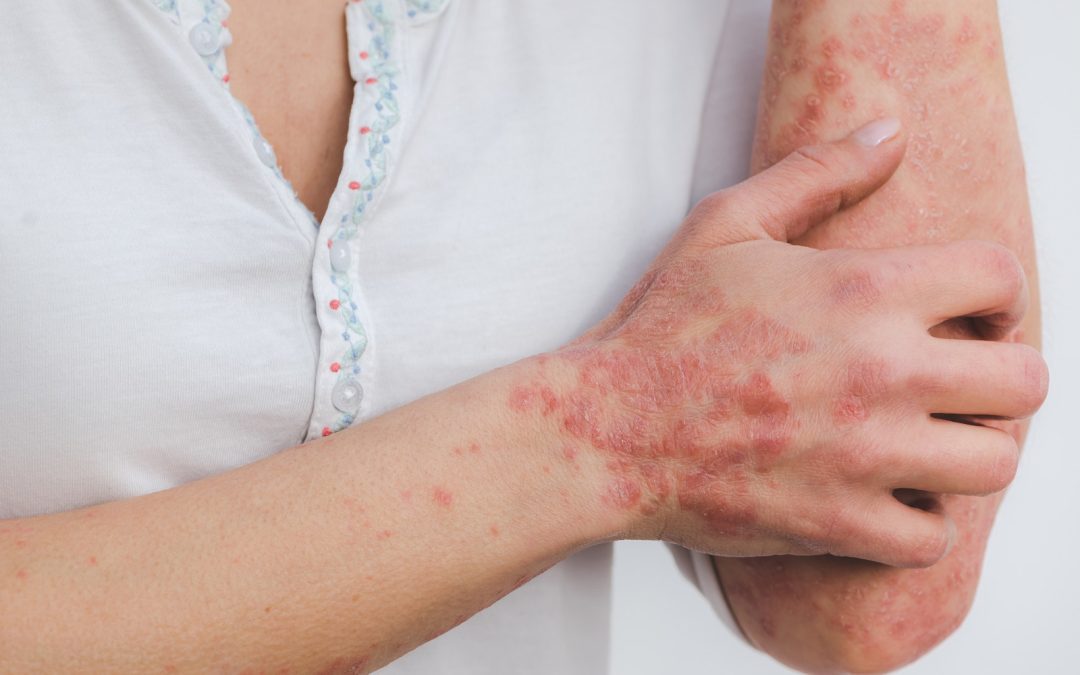
Skin Conditions, Skin Protection
Don’t let psoriasis flare-ups ruin your winter. Learn the triggers and how to treat this potentially debilitating condition.
Winter is the time where your skin dries up. Since the moisture in the air is low during the colder months, it’s easier for skin to get dry and crack. For most people, keeping some lotion or skin cream on hand is enough. For people suffering from psoriasis, it’s a different, more painful story.
Psoriasis is a skin disease that causes dry, scaly, itchy skin patches. These skin patches appear in waves or cycles, flaring up for a few weeks or months before going away. The pain level from these flare-ups can range from slightly annoying to completely unbearable.
To make matters worse, triggers abound for psoriasis this time of year. The cold is a big one. Plus, flare-ups happen when you’re stressed, and all the running around and preparing for the holidays doesn’t help with stress levels one bit. Also, psoriasis is theorized to be an immune system issue, so any sort of infection can trigger a flare-up. Since winter is cold and flu season, you know what that means: winter is the perfect storm for psoriasis flare-ups.
Most people with psoriasis develop plaque psoriasis. The American Academy of Dermatology describes these as “patches of thick, raised skin called plaques” and scale, a silvery-white coating that covers some plaques. These tend to form on the scalp, elbows, knees and lower back, but they can flare up anywhere.
And as tempting as it can be, itching is a no-no. Itching can make the flare-up worse, causing the plaques to thicken.
Psoriasis isn’t contagious, and there’s a strong genetic component to who gets it and who doesn’t. There’s also no cure for psoriasis, but treatment can make flare-ups more bearable.
We offer the XTRAC laser to treat psoriasis. It’s the only FDA cleared excimer laser that clears skin of painful plaques. It works fast, and many patients see flare-ups disappear and go into remission longer after treatment. If you want to get fast, long-lasting relief for a flare-up that’s affecting your day-to-day life, learn more or schedule an appointment here.
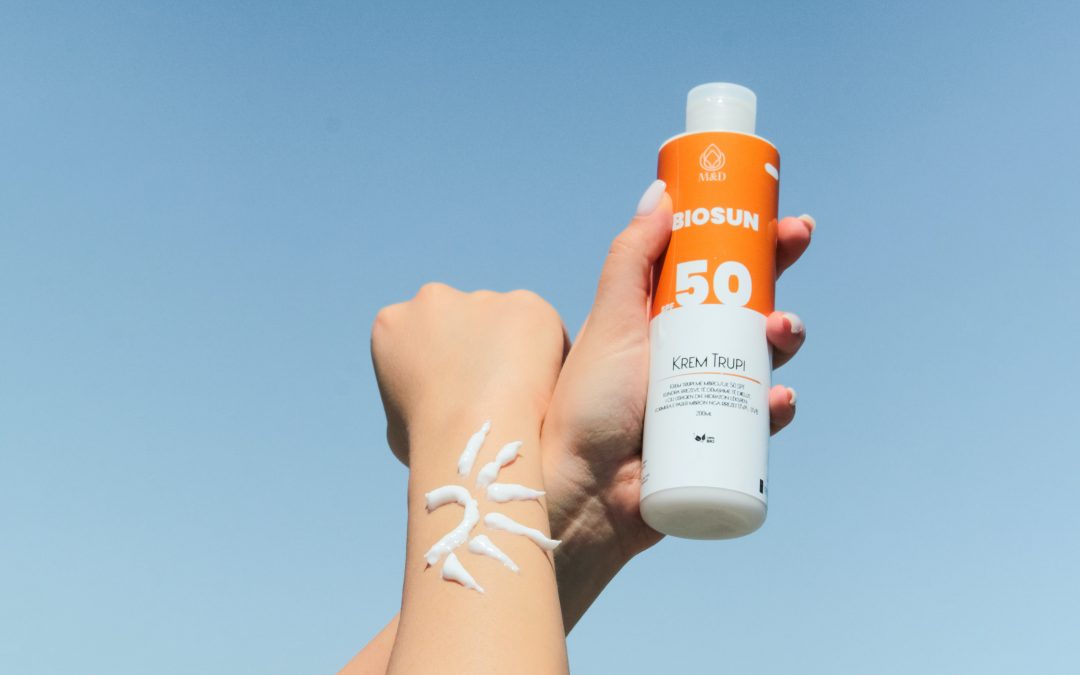
Skin Conditions, Skin Protection
Even though summer is turning into fall, UV rays can still damage your skin. You already know that UV rays can cause permanent skin damage, unsightly discoloration, or even cancer, but did you know that protecting your skin with sunscreen should be part of your routine all year?
Although you won’t feel the heat, your skin can still suffer damage from UVB rays. Thanks to reflective surfaces like snow and ice, the damage from these rays can be worse in the winter. According to The Skin Cancer Foundation, snow reflects up to 80 percent of all UVB rays, further increasing your chances of getting skin cancer and premature aging.
To protect your skin, clothing is the first line of defense, but you also need a good sunscreen that matches your specific skin type to protect your face. We also have tinted sunscreen that you can use as a foundation for all-day protection! Our sunscreens come in many different SPFs, and they’ll keep you from getting skin damage from UV rays.
Also, did you know that infrared light rays can inflame and damage skin in the winter, too? While its damage can be minimal, new research shows that when infrared is coupled with UV rays, it can maximize skin damage. Thankfully, sunscreens exist that also protect you from infrared and work to repair your skin, too.
If you become a LifeTime Dermatology VIP Member, you’ll receive 10% off ALL Cosmetic Services & Products, including sunscreen, for one year. You can even earn rewards points on your purchases!
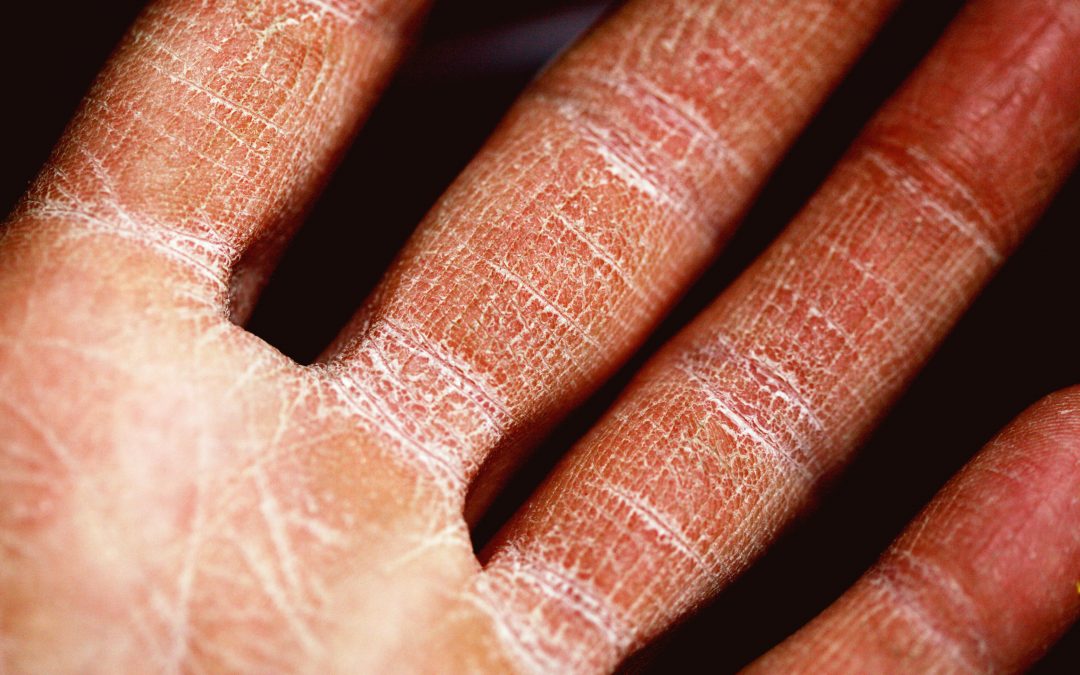
Skin Conditions, Skin Protection
As the weather gets colder, your skincare routine should change. While scorching temperatures aren’t a daily concern anymore, UV rays can still damage your skin. Plus, as the temperature drops, your skin could become drier and more susceptible to the effects of aging without the proper care.
Whether you’re raking the yard or planning a ski trip, preventing winter skin dryness can slow aging and keep your skin youthful and radiant. A quality rejuvenating hydrator can smooth out fine lines and help you retain your skin’s moisture. If you have dry skin, a dermal repair cream could give you an extra boost in retaining moisture and smoothness during colder months.
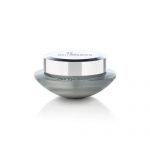 To help you stay ahead of winter and drying skin, SKIN MEDICA has an excellent line of products to protect your skin from winter’s chill. If you become a LifeTime Dermatology VIP Member, you’ll receive 10% off ALL Cosmetic Services & Products, including SKIN MEDICA products, for one year. You can even earn rewards points on your purchases.
To help you stay ahead of winter and drying skin, SKIN MEDICA has an excellent line of products to protect your skin from winter’s chill. If you become a LifeTime Dermatology VIP Member, you’ll receive 10% off ALL Cosmetic Services & Products, including SKIN MEDICA products, for one year. You can even earn rewards points on your purchases.
Lifetime Dermatology Blog, Skin Conditions
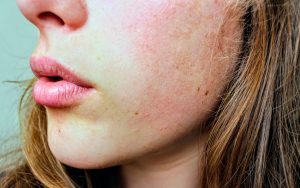 Rosacea is a common skin condition characterized by redness or flushing of the skin in the center of the face. It can slowly spread beyond the nose and cheeks to the forehead and chin. In some cases the ears, eyes, chest and back may be affected.
Rosacea is a common skin condition characterized by redness or flushing of the skin in the center of the face. It can slowly spread beyond the nose and cheeks to the forehead and chin. In some cases the ears, eyes, chest and back may be affected.
Rosacea is often mistaken for adult acne because of the pustules and papules that appear in crops on the face. Tiny blood vessels become more prominent with Rosacea as well.
It is important to seek treatment from a dermatologist as some over-the-counter and at-home treatments may worsen the condition.
Rosacea can be effectively managed with a combination of creams, lotions, washes, retinols and antibiotics.
If you have a tendency towards rosacea, it is important to protect your skin from the sun as sun exposure can cause flare ups. Spicy foods, hot drinks, stress and alcohol can also be triggers.





 To help you stay ahead of winter and drying skin, SKIN MEDICA has an excellent line of products to protect your skin from winter’s chill. If you become a LifeTime Dermatology VIP Member, you’ll receive 10% off ALL Cosmetic Services & Products, including
To help you stay ahead of winter and drying skin, SKIN MEDICA has an excellent line of products to protect your skin from winter’s chill. If you become a LifeTime Dermatology VIP Member, you’ll receive 10% off ALL Cosmetic Services & Products, including  Rosacea is a common skin condition characterized by redness or flushing of the skin in the center of the face. It can slowly spread beyond the nose and cheeks to the forehead and chin. In some cases the ears, eyes, chest and back may be affected.
Rosacea is a common skin condition characterized by redness or flushing of the skin in the center of the face. It can slowly spread beyond the nose and cheeks to the forehead and chin. In some cases the ears, eyes, chest and back may be affected.